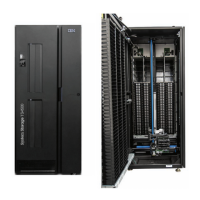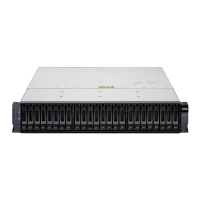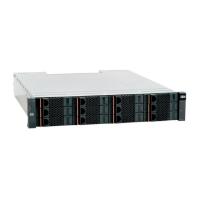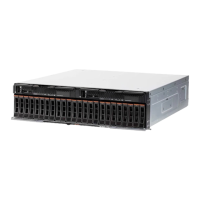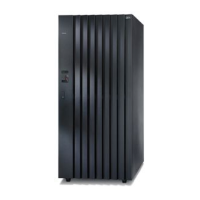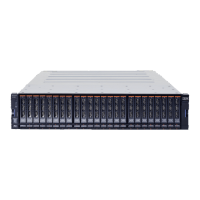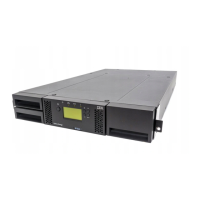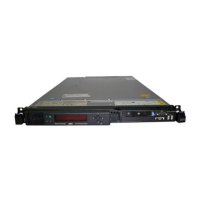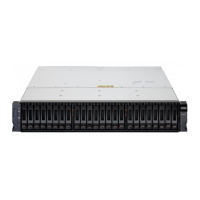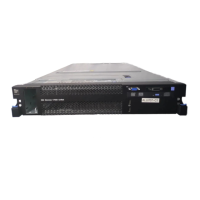If an iSCSI target HBA fails
If your iSCSI target host bus adapter (HBA) fails, the iSCSI initiators
connected to this HBA might time out, prompting the following error message
on the storage system:
iSNAP.fw.Crashed
The timeout on the iSCSI initiators might be caused by HBA firmware defects,
hardware failure, or device driver defects.
Note: If multipath network I/O (MPIO) is configured on the hosts, I/O
should be re-routed as expected, thereby preventing any disruption in service.
If you use the automatic sizing feature on thinly provisioned LUNs when
snap reserve is set to a non-zero value
Generally, before you thinly provision LUNs, you should set snap reserve to
zero. However, there are rare exceptions that require you to set snap reserve
to a value other than zero. In these instances, you must use the automatic
sizing feature for thinly provisioned LUNs in FlexVol volumes to work
properly.
Using the automatic sizing feature is required because the space from deleted
Snapshot copies can only be used to fulfill Snapshot space requests.
Furthermore, the automatic deletion process will not begin until the snap
reserve value is exceeded.
Step
Enter the following command:
vol autosize vol_name [-m size] [-I size]on
-m size is the maximum size to which the volume will grow. Specify a size in
k (KB), m (MB), g (GB), or t (TB).
-I size is the increment by which the volume's size increases. Specify a size
in k (KB), m (MB), g (GB) or t (TB).
If the specified FlexVol volume is about to run out of free space and is smaller
than its maximum size, and if there is space available in its containing
aggregate, the FlexVol volume's size will increase by the specified increment.
Known problems and limitations 105

